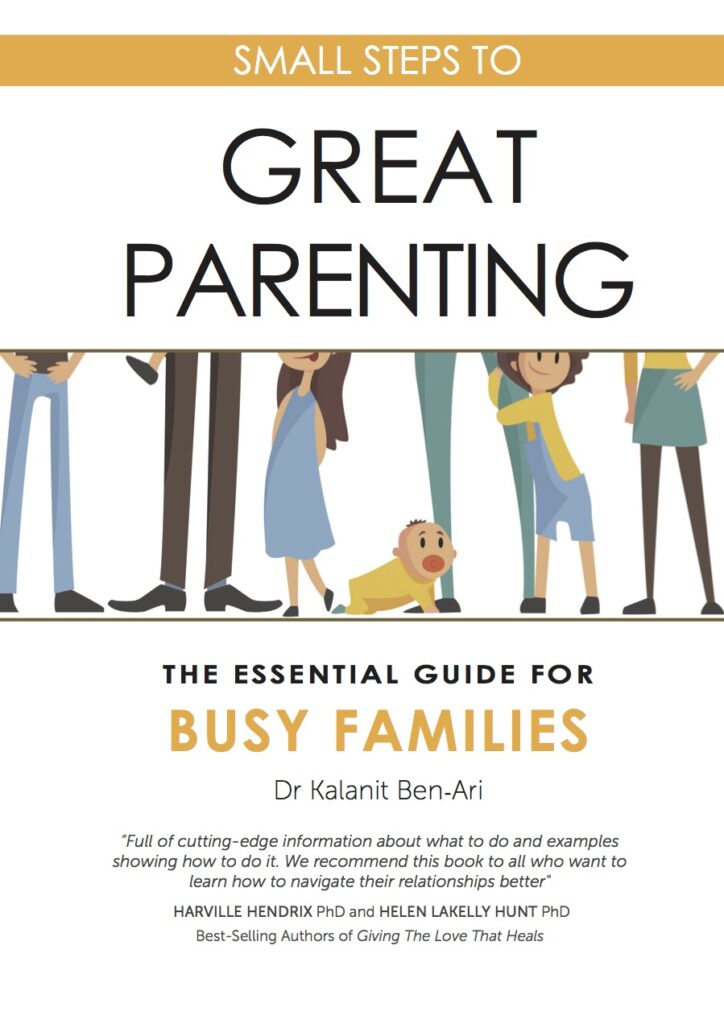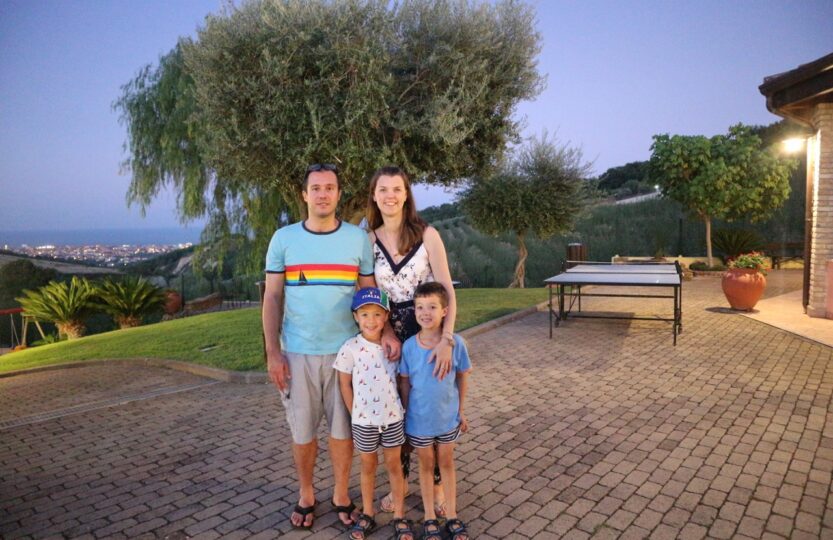It is difficult to categorise an accurate profile for those who choose a partner from a foreign culture. Yet, they are usually people who are not very connected to their own culture or who give it less importance. They could be seen as more exploratory or romantic people who see differences in culture as an adventure that make the experience more interesting and exciting. Many of them are rebels, who consciously or not, marry in protest or to distance themselves from their own culture, values, or family – or those who grew up in an international environment and it is natural for them to choose someone from another culture.

At the beginning of the relationship, like any relationship, it feels as if love will win over any challenges. Mixed couples feel proud to be different and the differences are perceived as superficial and romantic. But the honeymoon stage is doomed to end. Couples suddenly discover that some initial manners and thoughtfulness are fading and that new personal and cultural aspects are being exposed. Ironically, the same difference that attracted the couple at the beginning of the relationship now seem to be a difficulty in life together.
The Challenges of cultural differences
Conflicts in inter-cultural partnerships can feel more dramatic and intense than conflict within the same culture, and therefore require more awareness. For example, any decision about where to live will affect the relationship – and at least one spouse will have to make the greatest sacrifice and live in a foreign country with different languages, laws, weather, living conditions and values, away from family and friends.
A significant challenge is the language. At least one of the partners communicates in a language other than his/her mother tongue, which can lead to less clarity and misunderstandings. However, the other partner could have the upper hand when communicating, with more clarity and be better understood. Moreover, body language, tone of voice and even an expression of love (all of which are cultural characteristics) , cannot be translated and can often convey a stronger message than intended with the words themselves. Generally speaking, English people are less direct, more polite and come across as more passive but in control of a situation. European/Middle Eastern cultures such as Israeli/Italian/Spanish people tend to speak up directly, at high volume, with hand gestures, they tend to express more passion, to speak over others, make unsolicited comments and are not shy to express criticism. In relationships, one can interpret their partner’s behaviour as passive and the other perceived as aggressive – it might seem they communicate from two different worlds.
Food and drinks in a culture are also important alongside family values, religion and quality of life. What to eat, who cooks, how it is served, where to eat and how (table manners) and who will clean afterwards are all cultural traditions. I came from a house where my mother cooked a lot of oriental and Moroccan food. My partner found himself thrilled by the variety and wealth of the dishes when he first visited us. However, sitting alongside a big family gathering, who tend to talk loudly and at the same time, surprised him. Jewish / English food was served at his house as well, but with a small number of diners and in a relatively quiet atmosphere. I was surprised when his grandmother offered us vodka at the beginning of a Friday dinner. Drinking alcohol at dinner was a new experience for me, as was the fish fingers and the cheese tray for dessert.
Many couples manage the culture differences very well… at least until they become parents. Then, some of the core cultural differences are revealed. Issues, such as setting boundaries and education, parent-child relationships, manners and even how many layers of clothing children will wear – all are cultural influences. Not to mention choosing the child’s name; Will it be a choice made from one of their own cultures or a neutral choice? Will a decision be influenced by their religion?
The Potential of cultural differences
The diversity of cultures does not have to lead to conflicts, and many children benefit from the two worlds in which they grow. This happens especially when both cultures are allowed to flourish, without criticism or conflicted messages. Children can learn to be open and listen to different points of view and to know that there isn’t one ‘correct’ way. As long as the difference is not presented as a problem but as an advantage and opportunity (learning the strengths of each culture), the children will be empowered by the cultural diversity.
There is no magic formula for a thriving cross-culture relationship. The strength of the relationship, in the end, depends on two people rather than two cultures. Every relationship requires good communication, devotion and awareness. But cross-cultural partnerhsips deserve more attention because of the additional challenges.
It is important to understand that a partnership, in which one’s cultural values are denied, will be at risk. Only by understanding, awareness, respect and an experience of the other partner’s cultural uniqueness, can growth and harmony be achieved.
It is essential to learn about your partner’s culture with curiosity and openness, (rather than criticism), without feeling obliged to change yourself. It is challenging to accept a partner if one does not respect their culture. This doesn’t mean that you have to love the entire culture, but to like and respect it enough to bring aspects of it home.
Start communication from a place of ‘common ground’ (i.e., what you both agree on) and you will soon discover that a similar vision begins to develop. Over time, and with conscious partnership, the two cultures can integrate.
And let’s face it, sometimes, the geographical distance from the family of origin can also positively contribute to a stronger bond between cross-culture couples. As George Jones says: “Happiness is when there is a large family, loving, caring, close and united, in another city”.
Of course there will still be disagreements, and some will remain forever. However, the devotion and willingness of the couple to communicate with respect, curiosity and to perceive the cultural differences as enriching, will result in resilient, balanced and empowered children.
Kalanit Ben-Ari, PHD is a couples and family therapist, speaker, consultant and author. Her Book Small Steps to Great Parenting – An Essential Guide for Busy Families is available to buy from Amazon for £9.99 via the link in the icon below:

